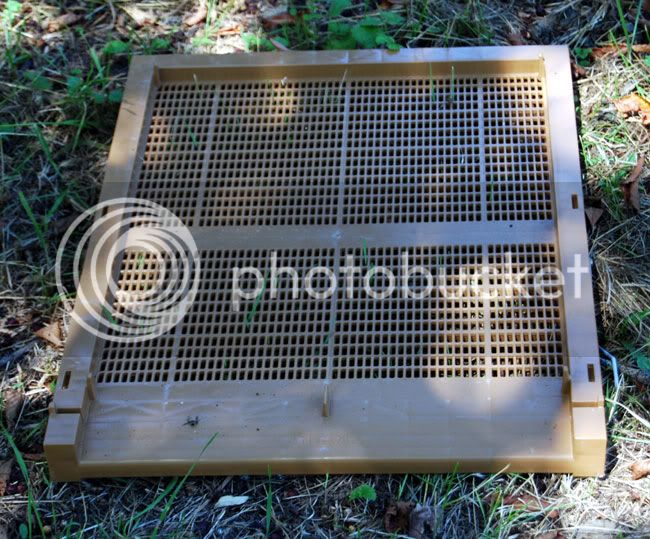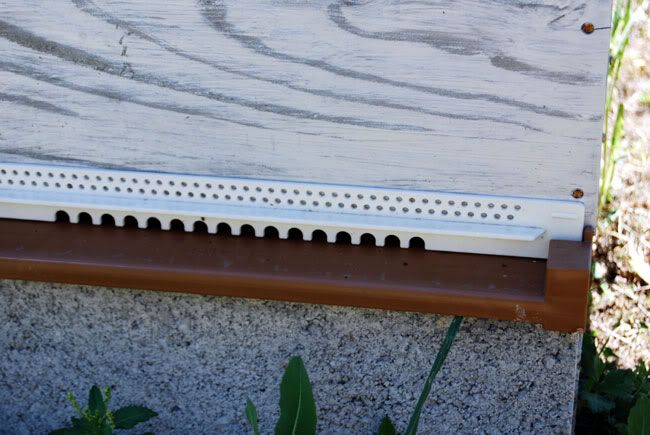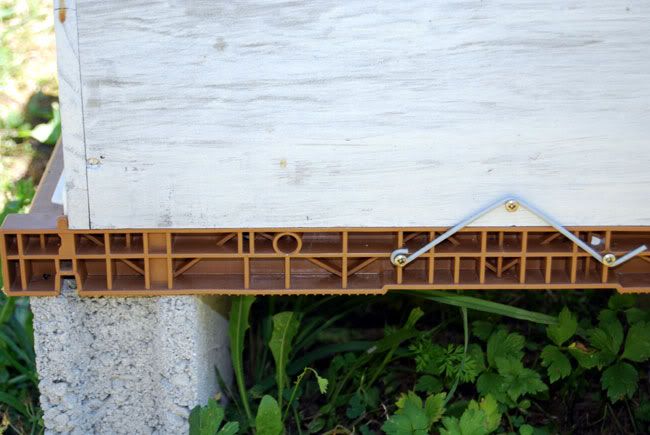rae
Field Bee
- Joined
- Aug 5, 2009
- Messages
- 826
- Reaction score
- 1
- Location
- Berkshire
- Hive Type
- 14x12
- Number of Hives
- 8 and 3 nucs...it's swarm time...
As has already been stated by Chris Luck, to an experienced beekeeper there are other ways of closely monitoring the colony that do not, of necessity, involve routine inspections of the brood nest. Close observation and examining of hive debris on a regular[B basis will be found to be telling.
You'd get a much better reception if you posted some facts (what are we looking for?), rather than the generalist "examine the hive debris" lines. If we can spot AFB and EFB etc in the hive debris, let's hear about it.
As to the claim that preserving brood nest warmth will reduce varroa....do you have any solid research to back this up? I'm not being hostile, I'm just interested. Essentially you're suggesting that the reason my big colony has varroa is down to my opening it up regularly - because it did swarm....
























































 .
.